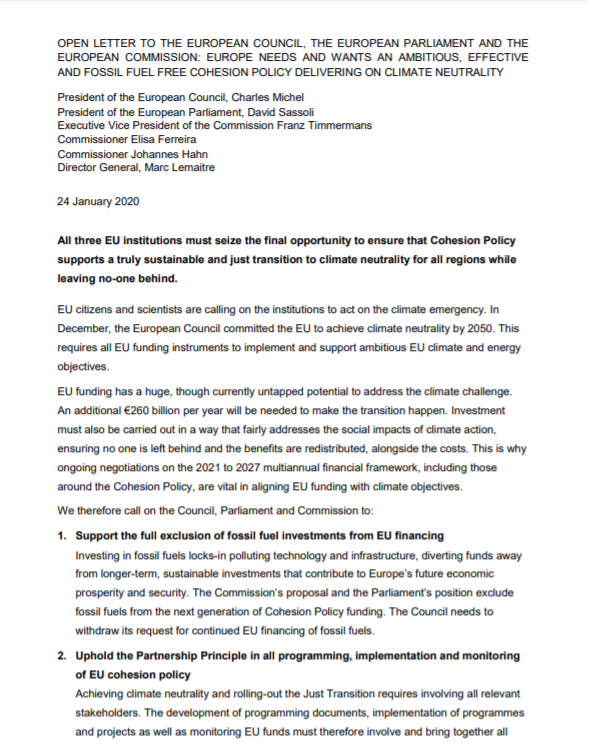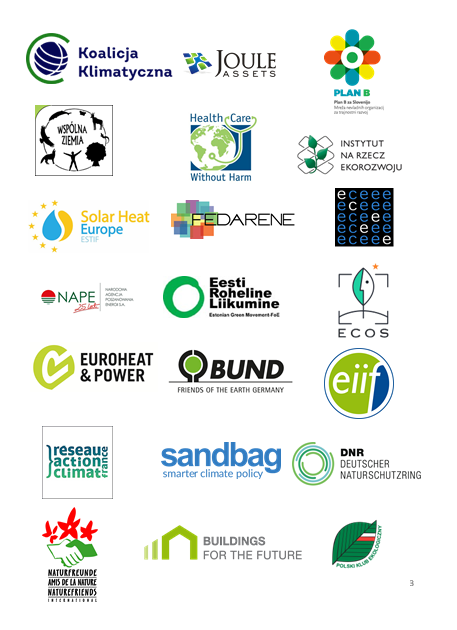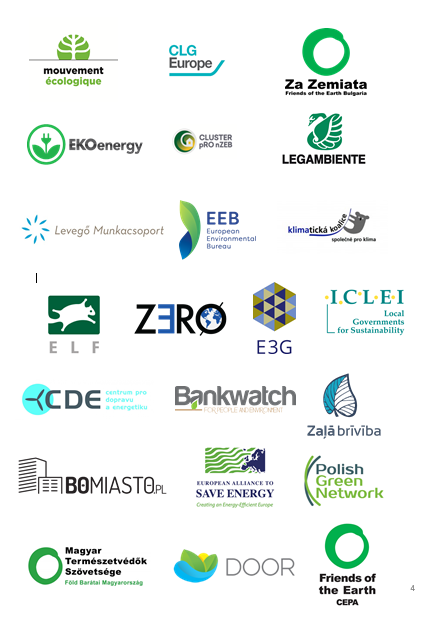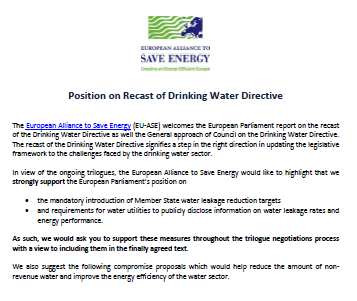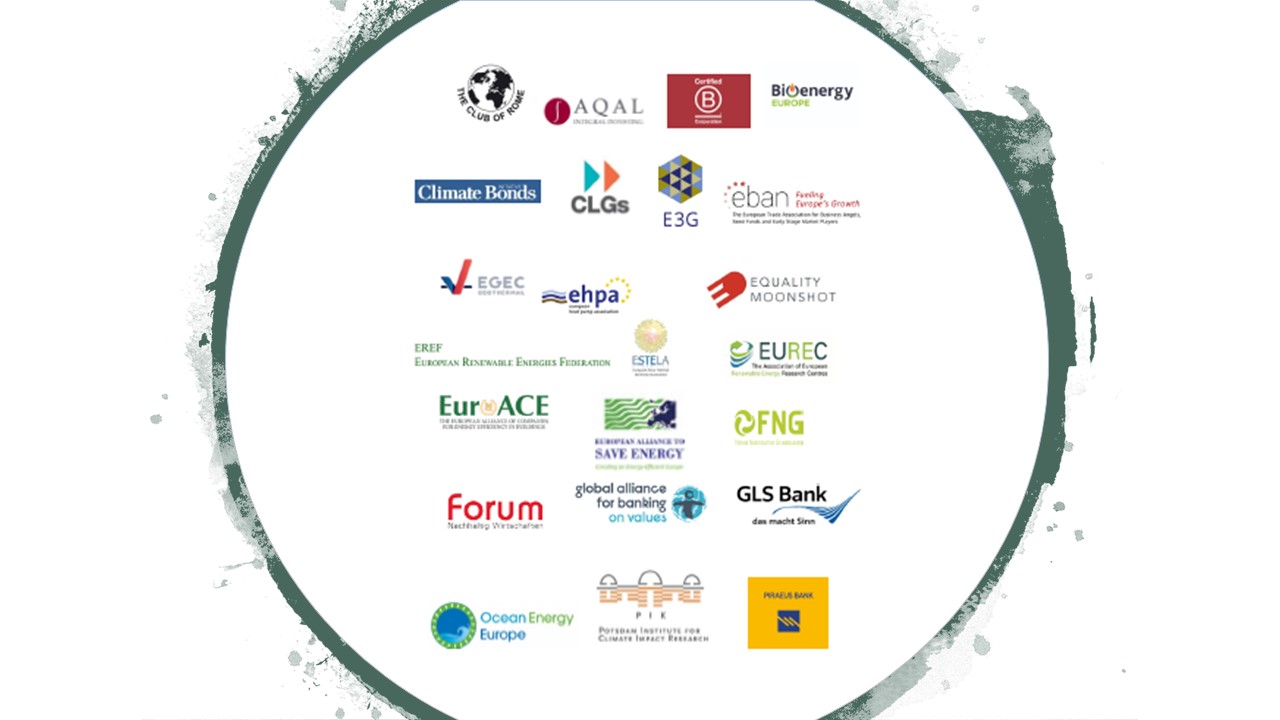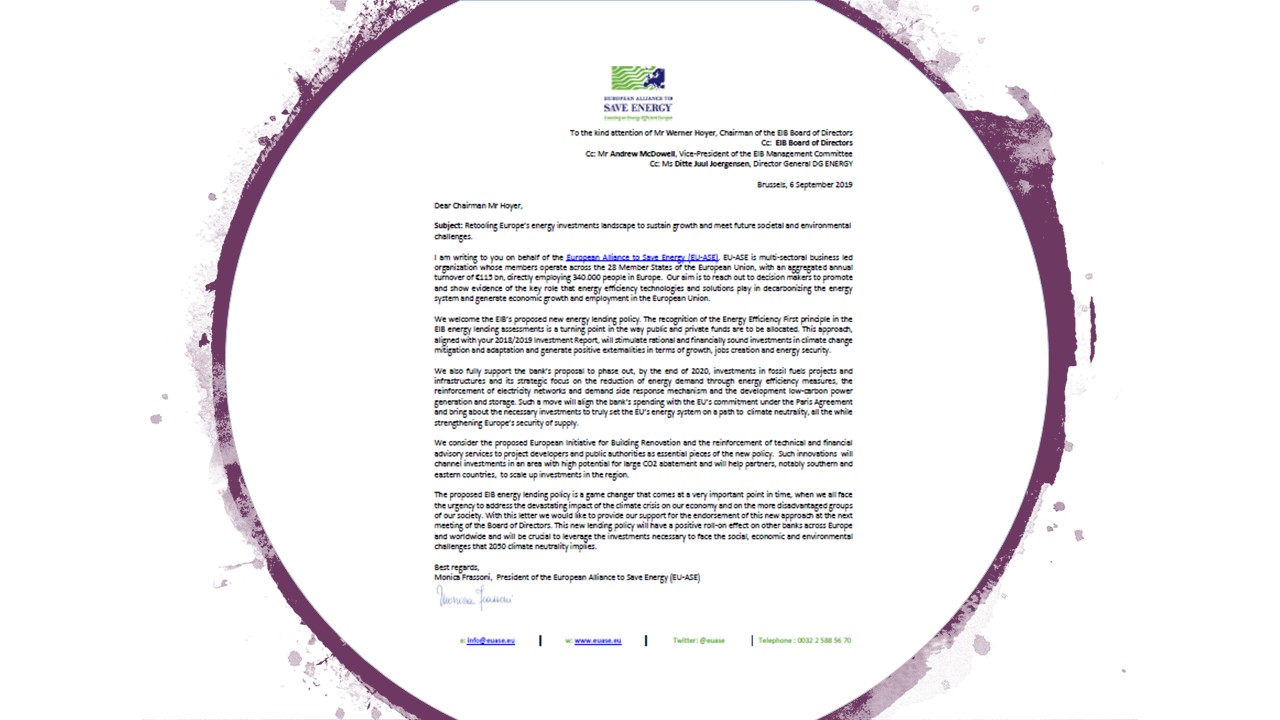Open letter to Executive Vice-President Timmermans on European climate law
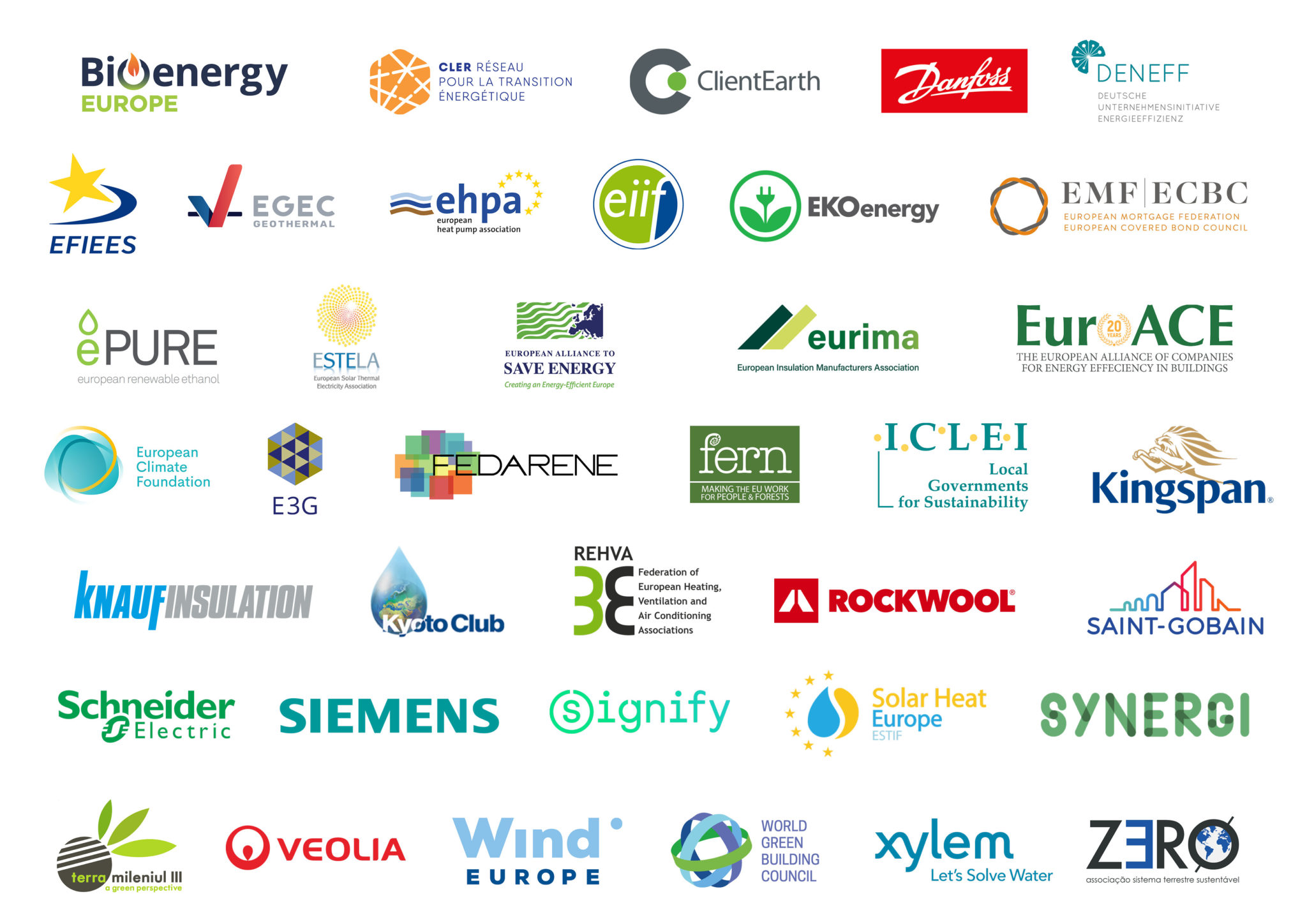
Broad cross-sectorial coalition of stakeholders calls for EU climate law to recognize the role of energy efficiency and renewables to reach climate neutrality by 2050
Dear Executive Vice-President Timmermans,
The European Green Deal is a particularly positive beginning for the new European Commission. We welcome the Commission pledge to address the climate crisis and, by doing so, shape the future of Europe’s economy and society and lead by example worldwide.
We have come together as stakeholders representing energy efficiency and renewable technologies, local governments, regional organizations, think tanks and non-for profit organizations to express the need for climate law to orient the action of the EU towards what is the fastest and most cost-effective way to reduce emissions: the recognition of the Energy Efficiency First principle, which is a prerequisite for the much needed deployment of a 100% renewable-based energy supply. This will boost the European economy by creating new opportunities and jobs and reduce our dependence on energy imports.
As such, we recommend to:
- Recognize Energy Efficiency First as an overarching principle of the EU Climate Law governance
- Include an intermediate GHG emissions reduction target of at least 55% by 2030.
- Mainstream policy coherence with increased and mandatory energy efficiency, renewable energy and carbon emissions targets.
We ask you to consider these recommendations and bring forward a climate law proposal which will recognise the role of energy efficiency as a potent and critical catalyst to the massive scale-up of renewables in a resource-constrained planet.
We look forward to cooperating with you to make Europe the first climate neutral continent.
List of undersigning stakeholders:

In a fast-changing political and economic environment, 2025 was a year of continued efforts to strengthen security, stability, and competitiveness for European businesses.
Throughout the year, our work demonstrated that energy efficiency is not only essential to achieving climate goals, but also a key driver of innovation, energy independence and sustainable long-term growth across Europe.
Strong engagement with policymakers, combined with the successful organisation of the 4th European Energy Efficiency Day, highlighted the importance of collaboration and dialogue in advancing shared objectives. Partnerships across sectors and institutions remained central to delivering impact and shaping effective energy policies.
Looking ahead to 2026, we will intensify our efforts to secure the regulatory certainty that can accelerate the energy transition, while providing businesses with the investment confidence they need and strengthening Europe’s competitiveness.
Read the full Activity Report here.


